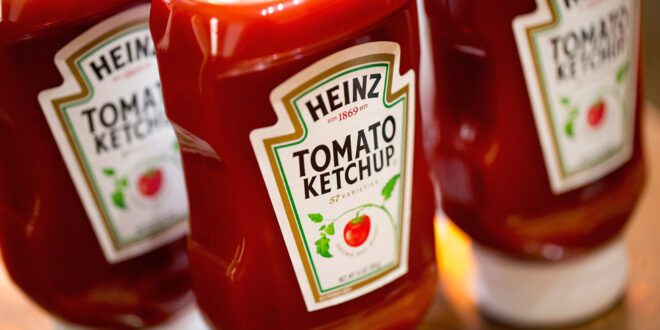Fridge or Pantry: The Great Ketchup Debate
One of the most controversial topics in the world of condiments is the proper storage location for ketchup. Should it be refrigerated or placed in the pantry? This heated debate has been going on for years, with passionate arguments on both sides. Let’s dive into the age-old question: where should ketchup be stored?
The Case for Refrigeration
Many proponents of refrigerating ketchup argue that it helps preserve the flavor and quality of the condiment. They believe that cold temperatures slow down the processes of spoilage and bacterial growth, ensuring a longer shelf life for the product. Refrigeration is also said to maintain the vibrant color and texture of ketchup, making it more appealing to consumers.
Moreover, certain brands of ketchup suggest refrigeration after opening on their labels. This advice stems from a desire to keep the condiment fresh and flavorful for as long as possible. By following these guidelines, consumers may feel confident that their ketchup won’t spoil prematurely.
The Argument for the Pantry
On the other side of the spectrum, some ketchup enthusiasts firmly believe that storing ketchup in the pantry is perfectly fine. They argue that ketchup typically contains vinegar and other preservatives, which act as natural safeguard against spoilage. According to this school of thought, refrigeration is unnecessary and may actually impact the taste and texture of the condiment.
Another reason to store ketchup in the pantry is convenience. Most people prefer their ketchup at room temperature for easy pouring and spreading. Keeping it in the pantry eliminates the need to wait for it to reach the desired consistency every time it’s used.
Expert Opinions and Recommendations
Experts in the food industry have weighed in on this debate, offering their own perspectives. The consensus among many food scientists and manufacturers is that ketchup can be safely stored in either the refrigerator or the pantry, depending on personal preference. The key consideration is the length of time the ketchup will be stored before consumption.
If you typically consume ketchup within a few weeks, pantry storage should serve you well. However, if you tend to use ketchup sparingly or if it takes you longer to finish a bottle, refrigeration might be the better option to maintain its quality.
The Final Verdict
Ultimately, the choice of where to store ketchup lies in the hands of the consumer. It’s important to consider factors like personal taste preferences, usage patterns, and the specific recommendations provided by the brand. Whether you’ll find your ketchup in the fridge or the pantry, the most important thing is to enjoy its delicious flavor on your favorite foods!
 Mind Uncharted Explore. Discover. Learn.
Mind Uncharted Explore. Discover. Learn.




